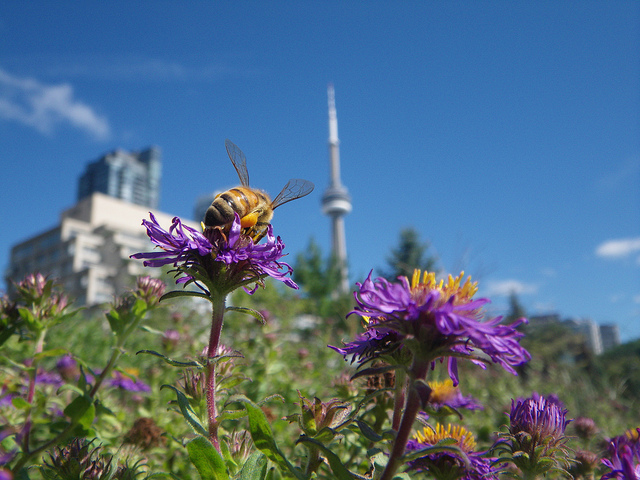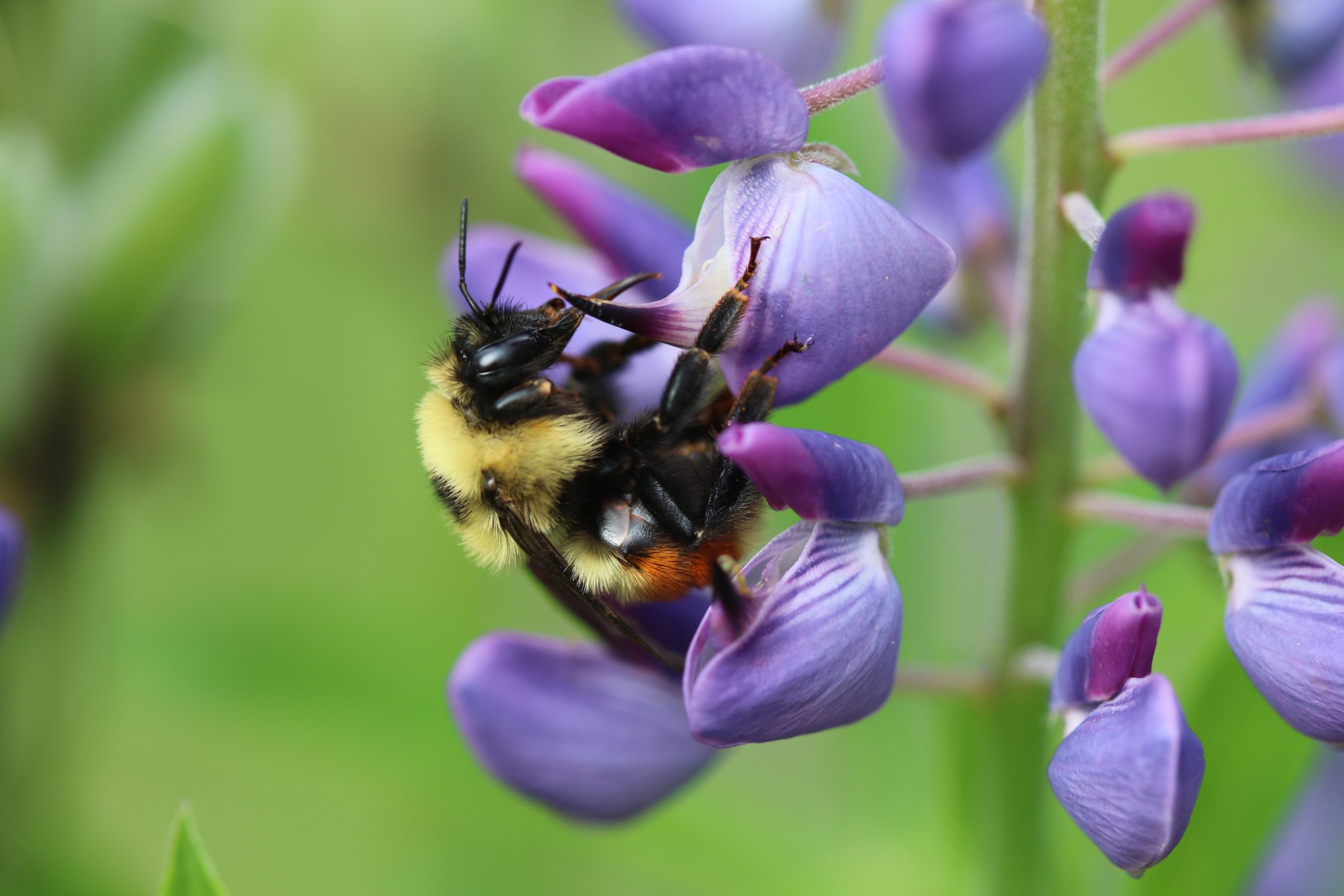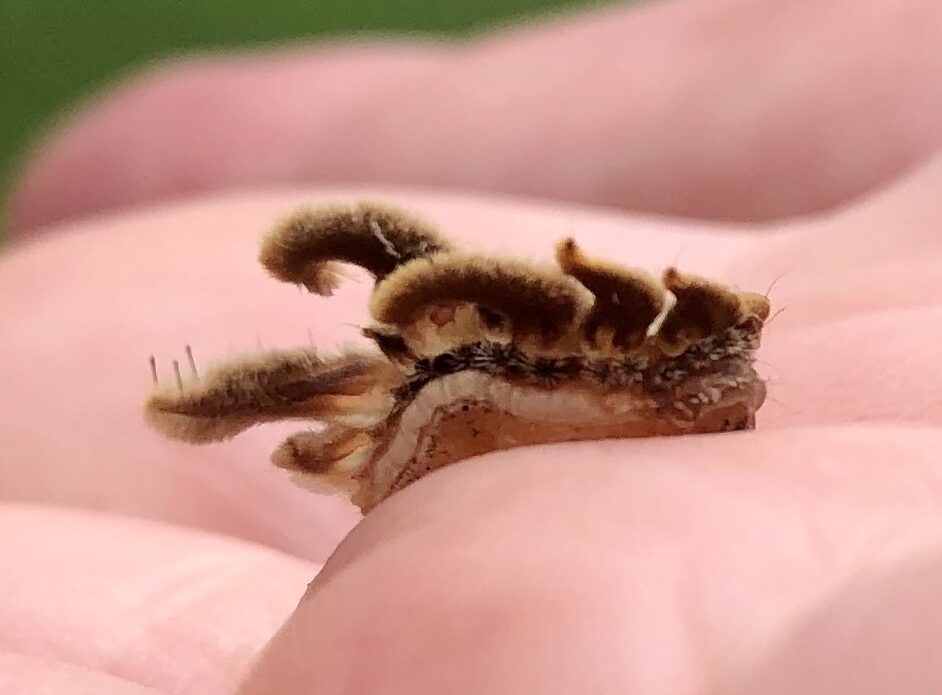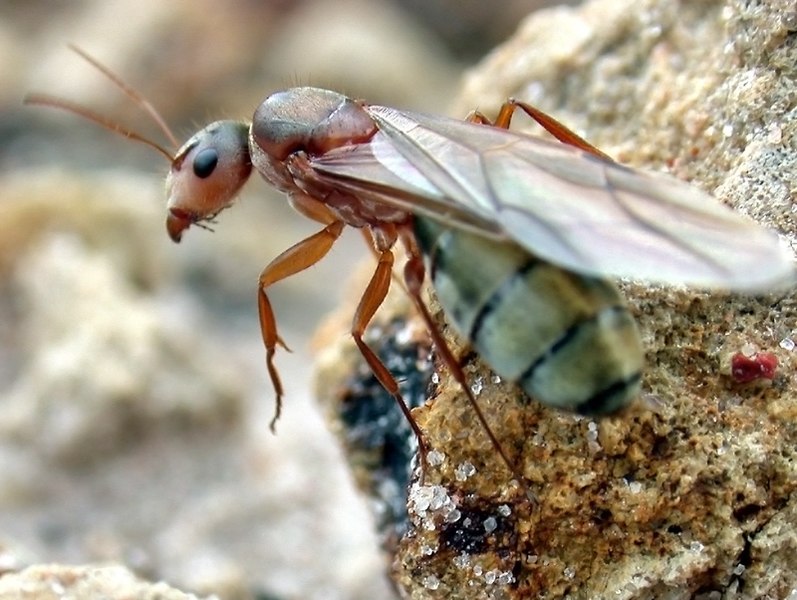As the world and its cities continue to grow (over half of the world’s population lives in cities!), more and more urban areas are making it possible to raise and care for honey bees in city environments. In 2010, beekeeping became legal in New York City- a great step in advancing the city toward more environmental (and economic!) benefits.
Urban beekeeping is the practice of keeping bee colonies in urban areas. The bees kept in urban environments are not any different from any other bees, except for the fact that they are usually varieties of the honeybee (Apis mellifera) that don’t sting as much as some others. Honey bees fly from flower to flower to collect pollen and nectar from plants as their source of food- making them perfect to place in urban gardens. As the bees use up their food, the water from the nectar they collect diminishes, producing honey as a byproduct.
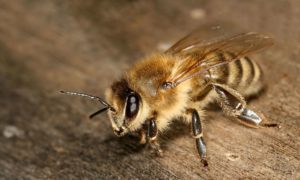
Honey bees are not just great for producing a delicious food; they also serve an important ecological role as agents of pollination– the transfer of pollen grains from the male flower to the female flower. When the pollen grains from the male flower land on the female flower, the female flower produces seeds, which eventually grow into new plants. As the honey bees fly from one flower to another, they pollinate the plants they land on, helping them to create more seeds and continuing plant grow.
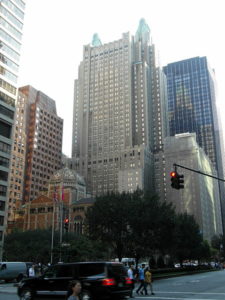
According to the Department of Health, there are currently almost 300 registered beehives in New York City. These bee colonies can be found in backyards, community gardens, and even rooftops! Rooftops are great places to keep honeybees because they help protect the bees from the public. In New York City, you can find some of these beehives at cool rooftop gardens such as those at the Waldorf-Astoria Hotel, the Brooklyn Grange Farm, and the Bank of America Tower.
If you want to learn more about urban beekeeping, check out these beekeeping tips!

